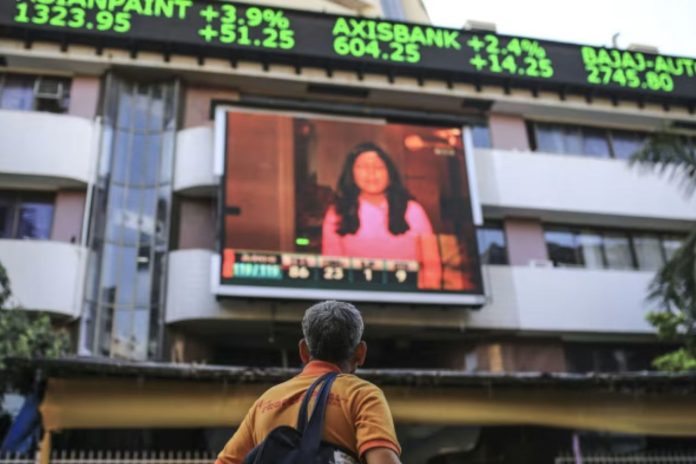Procter & Gamble Faces EU Scrutiny Over Alleged Retail Price Coordination
The European Commission launched an antitrust investigation this week into Procter & Gamble (P&G) and several other leading consumer goods companies, alleging potential collusion with retailers to fix prices in key European markets.
The probe centers on suspected illegal price coordination between manufacturers and retailers across the EU. The Commission believes certain industry players may have used so-called “practices of information exchange” to indirectly influence consumer prices, violating EU competition laws meant to safeguard fair market dynamics.
Although the Commission has not yet disclosed the specific retailers or manufacturers involved, Procter & Gamble confirmed on Tuesday that it was among the companies under investigation. The U.S.-based FMCG giant stated that it is cooperating fully with authorities.
“We do not believe our practices violate European competition law,” P&G said in an official statement. The company emphasized its commitment to compliance and transparency in its dealings with retail partners.
This probe comes on the heels of unannounced inspections conducted by EU regulators in March 2023 targeting several firms in the hygiene, personal care, and household product segments. At the time, the Commission voiced concerns about possible collusion affecting consumer prices in supermarkets and online retail channels.
If the allegations are upheld, consequences for the companies involved could be financially significant—EU antitrust breaches can carry fines as high as 10% of a company’s global annual turnover. For a group like P&G, which reported $82 billion in net sales for FY2023, that could translate into a multibillion-dollar penalty.
Industry observers note that the investigation could have broader implications for promotional strategies, pricing transparency, and retailer-supplier negotiations across the FMCG landscape. Price coordination—whether overt or indirect—threatens competitive pricing, which has become especially critical amid inflationary pressures and shifting consumer demand across European markets.
The Commission has not provided a timeline for the investigation but noted that the length of such probes depends on factors including the complexity of the case and the level of cooperation from the parties involved.
This marks yet another sign of increased regulatory scrutiny over commercial practices within the consumer goods sector, as EU watchdogs aim to protect both market integrity and consumer welfare.

